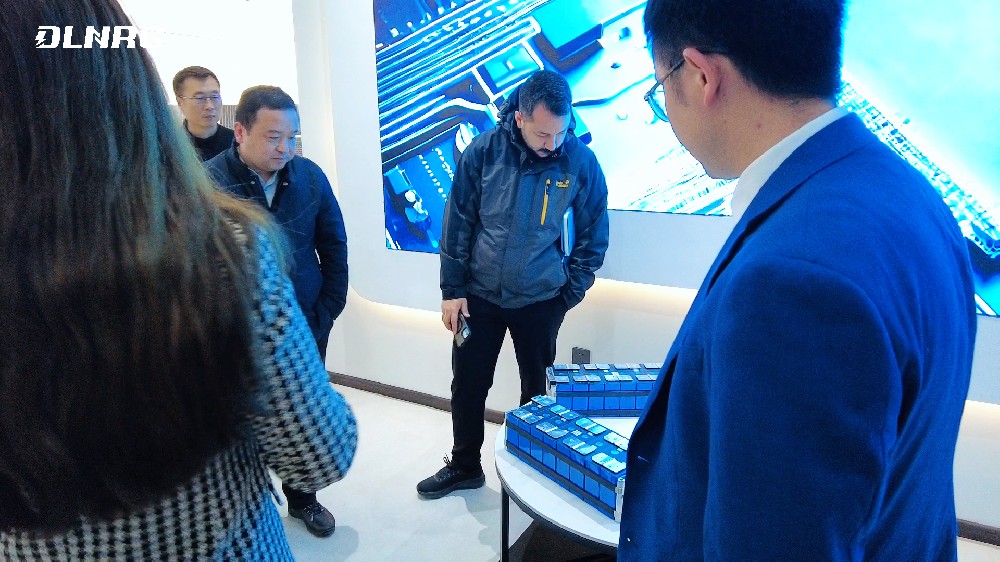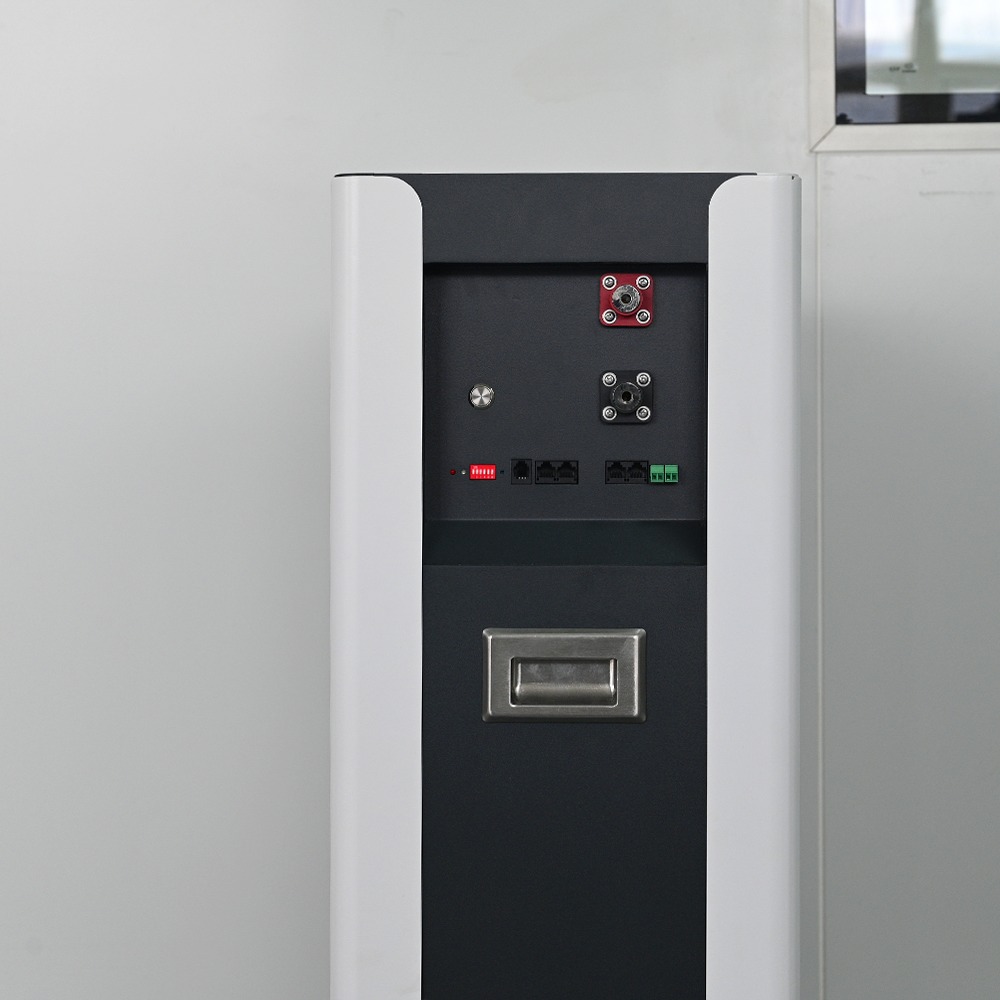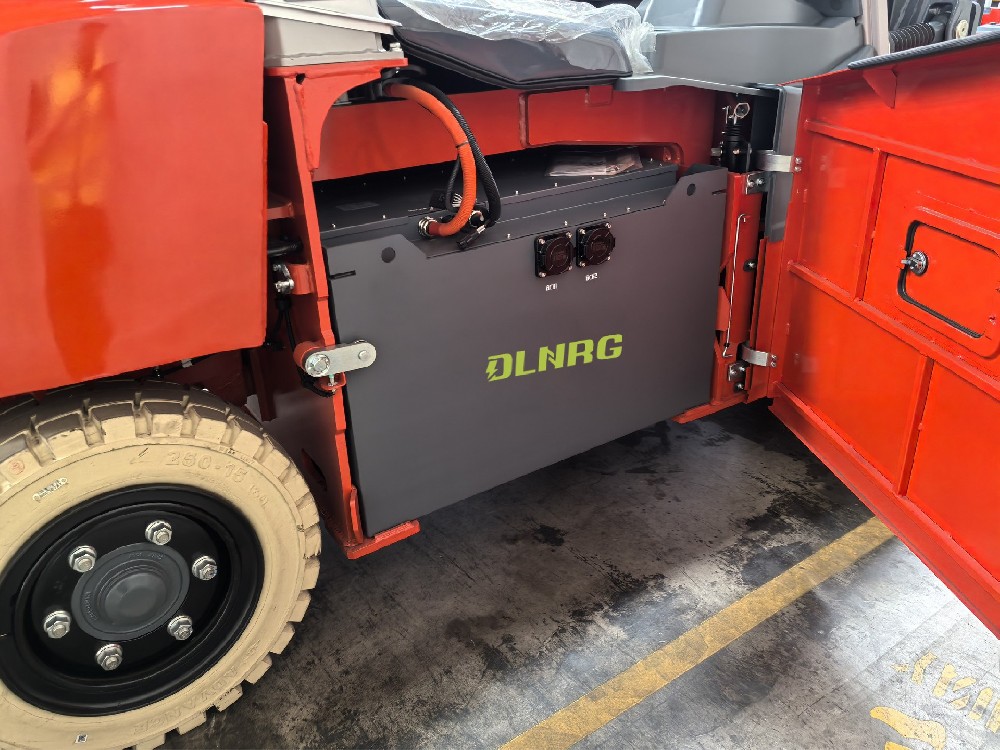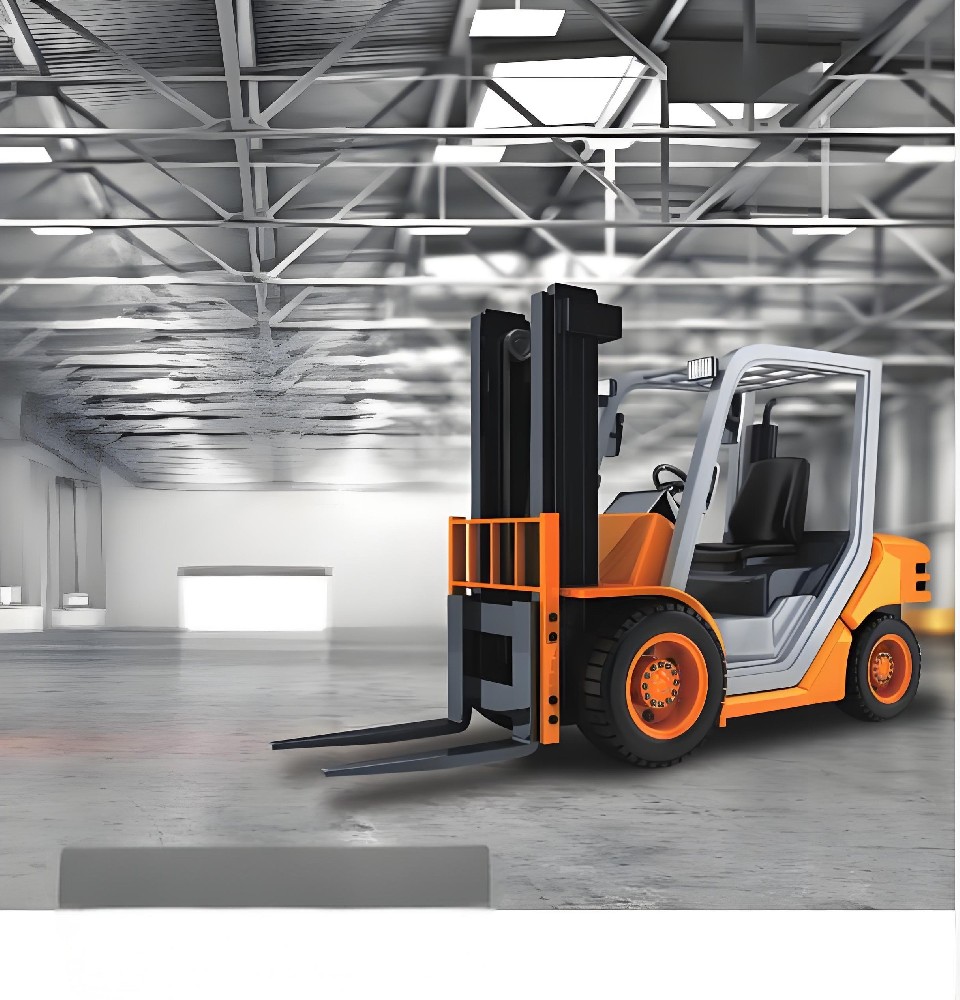With the increasing global attention to sustainable development, the warehousing and logistics industry is also actively exploring and practicing more environmentally friendly and efficient operating models. Electric forklifts, as an important part of this transformation, are promoting the green transformation of the industry with their unique advantages.
1. The evolution and technological innovation of electric forklifts
Electric forklifts have a long history of development, but they have really ushered in a period of rapid development in recent years. With the continuous innovation of battery technology, charging infrastructure and control systems, electric forklifts have made significant improvements in performance, efficiency and environmental protection. In particular, the introduction of lithium-ion batteries has made electric forklifts run longer, more stable in performance, and more environmentally friendly. At the same time, the integration of telematics and Internet of Things technologies has made the management of electric forklifts more intelligent and greatly improved operational efficiency.
2. Environmental benefits of electric forklifts
The biggest environmental benefit of electric forklifts lies in their zero-emission characteristics. Compared with traditional internal combustion engine forklifts, electric forklifts do not produce any exhaust emissions during use, thereby effectively reducing greenhouse gas emissions and the generation of harmful pollutants. In addition, electric forklifts are also more energy efficient, and can convert a greater proportion of the energy stored in the battery into useful work, further reducing energy consumption and environmental impact.
3. Economic benefits of electric forklifts
Although the initial purchase cost of an electric forklift may be relatively high, in the long run, its operating costs are much lower than those of internal combustion engine forklifts. This is mainly due to the savings in fuel and maintenance of electric forklifts. Electric forklifts do not require engine oil replacement or exhaust system maintenance, which greatly reduces maintenance costs. At the same time, electric forklifts also have less downtime, which improves productivity and reduces labor costs. In addition, the government's tax credits and subsidies for environmentally friendly equipment also make electric forklifts a more attractive investment option for companies.
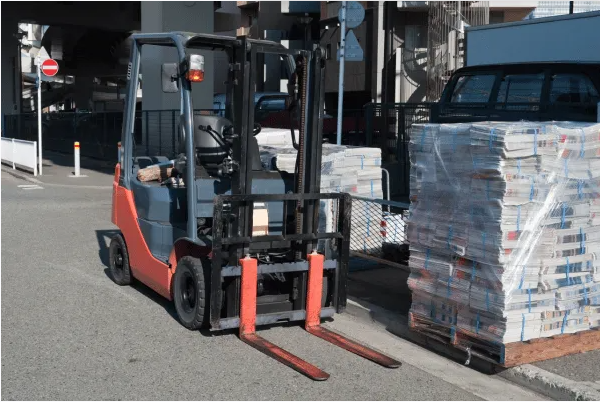
4. Social benefits of electric forklifts
Electric forklifts also have significant advantages in improving worker health and safety. Their low noise characteristics reduce noise pollution, improve working conditions, and reduce the risk of hearing loss for employees. At the same time, zero-emission characteristics also help improve air quality and reduce respiratory problems and other health problems related to exhaust gas exposure. In addition, the development of the electric forklift industry has also created employment opportunities for related industries such as manufacturing and maintenance, and promoted the development of the local economy and labor force.
V. Challenges and coping strategies faced by electric forklifts
Although electric forklifts have many advantages, they also face some challenges in practical applications. Such as high initial costs and charger infrastructure requirements. In response to these problems, companies can adopt the following strategies: First, reduce initial investment costs through policies such as government subsidies and tax credits; second, optimize charger layout and charging strategies to improve charging efficiency; third, strengthen employee training and publicity to improve employees' awareness and acceptance of electric forklifts.
VI. Successful cases of electric forklifts in warehousing and logistics
Many companies have successfully integrated electric forklifts into their warehousing and logistics operations and achieved remarkable results. By adopting electric forklifts, these companies have not only improved operational efficiency and reduced operating costs, but also achieved carbon reduction goals and enhanced brand reputation. These success stories provide valuable experience and inspiration for other companies.
In summary, electric forklifts play an important role in the sustainable development of the warehousing and logistics industry. Through continuous technological innovation and policy support, electric forklifts will play a more important role in the future and drive the industry towards a more environmentally friendly, efficient and sustainable direction.
